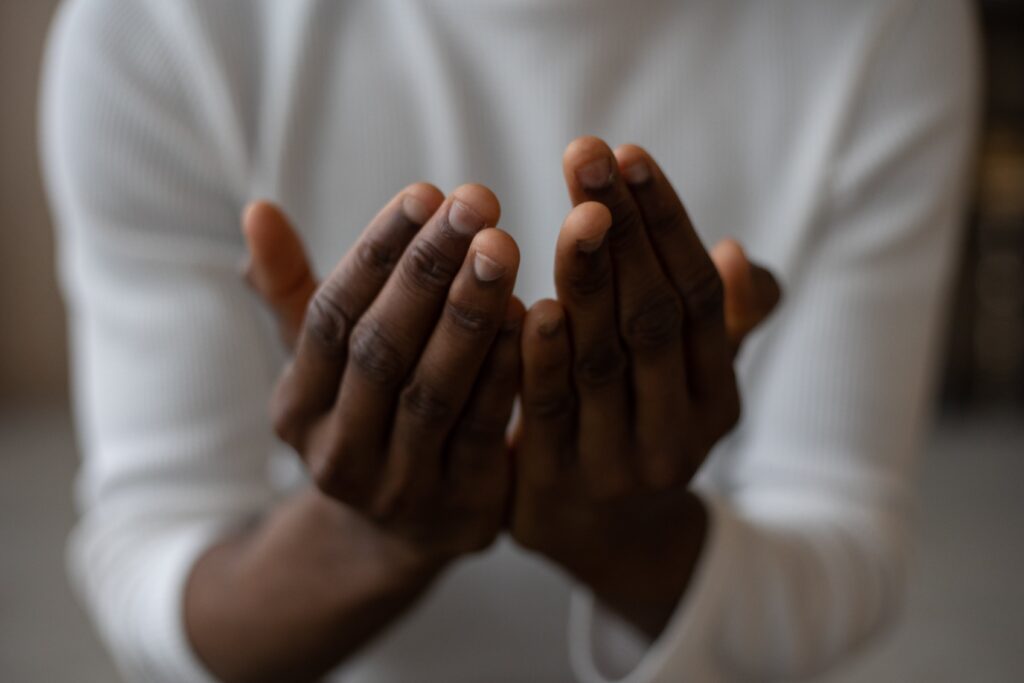Other Ways to Express Blessings:
A Tapestry of Cultural Phrases
In the intricacies of human interaction, blessings often emerge as a common thread, woven into the fabric of various cultures and languages. As we navigate through life’s moments, from joyful occasions to challenging times, we often seek to extend blessings to those around us as a gesture of goodwill and solidarity. While the phrase “God bless you” may be widely recognized, the richness of language offers a myriad of alternative expressions, each reflecting the unique nuances of different societies and belief systems. Let us embark on a linguistic journey to explore the diverse ways in which people convey blessings around the world.

Benedictions Across Cultures:
Other Ways to Say “God Bless You”
- Blessings of Health and Well-being
In many cultures, expressions of blessings often revolve around wishes for health, happiness, and prosperity. In Spanish-speaking countries, one may hear “¡Salud!” meaning health, as a toast or a well-wish for good health. Similarly, in the Japanese tradition, the phrase “Genki!” conveys a wish for vigor and vitality. These expressions encapsulate the universal desire for wellness and flourishing.
- Divine Protection and Guidance
In moments of uncertainty or departure, blessings often take the form of prayers for divine protection and guidance. In Arabic-speaking cultures, the phrase “Allah yihmik” invokes Allah’s protection upon someone embarking on a journey. Likewise, the Hebrew expression “Tizkeh le’mitzvot” extends blessings for someone to merit good deeds and divine favor. These words reflect a deep-seated belief in the providence of a higher power.
- Cultural Traditions and Superstitions
In addition to religious connotations, blessings can also be intertwined with cultural traditions and superstitions. In Russian culture, saying “На здоровье!” (Na zdorovye!) after someone sneezes is akin to wishing them good health, despite its similarity to the English “bless you.” Similarly, in many Asian cultures, such as China and Korea, the phrase “百岁!” (Bai sui!) or “백세!” (Baek-seh!) is used to wish someone a long and healthy life, particularly on birthdays. These customs highlight the diverse ways in which blessings manifest in everyday interactions.
- Expressions of Gratitude and Appreciation
Blessings are not always invoked as proactive wishes but can also serve as expressions of gratitude and appreciation. In Hawaiian culture, the phrase “Mahalo nui loa” expresses profound gratitude and is often accompanied by a heartfelt embrace or gesture. Similarly, in the Maori tradition of New Zealand, the term “Aroha” encompasses love, compassion, and gratitude, embodying the interconnectedness of humanity.
- Global Variations in Blessings
Across continents and languages, variations of blessings abound, each reflecting the unique cultural tapestry of its origin. In India, the Sanskrit phrase “स्वास्थ्यं भद्रं तेऽस्तु” (Swasthyam Bhadram Te Astu) conveys a wish for good health and prosperity. In the Philippines, the Tagalog expression “Diyos ko!” or “My God!” is often exclaimed in moments of awe or surprise, invoking a sense of divine presence and wonder.
Conclusion
In the symphony of human expression, blessings serve as harmonious notes, weaving through the tapestry of diverse cultures and languages. From prayers for health and protection to expressions of gratitude and appreciation, the ways in which we convey blessings reflect our shared humanity and interconnectedness. As we continue to navigate life’s journey, may we embrace the richness of language and culture, extending blessings to one another with sincerity and goodwill.

